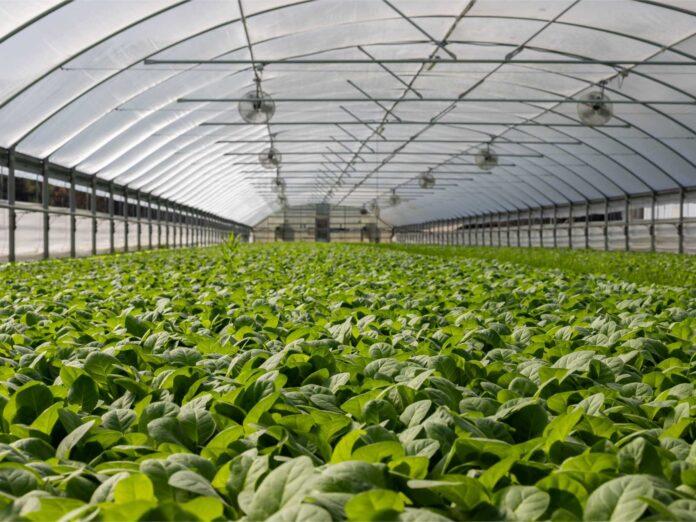Opportunities and challenges
Sustainable farming practices in India have become increasingly important in recent years due to the rising awareness of environmental degradation and the need for food security. Sustainable agriculture is defined as the practice of producing food, fiber, and other plant and animal products in a way that is environmentally friendly, socially responsible, and economically viable. India is a country with a rich agricultural heritage, but the shift towards sustainable farming practices has been challenging due to several opportunities and challenges.
Opportunities:
Increasing demand for organic and sustainable products: There is an increasing demand for organic and sustainable products in India due to rising health concerns and environmental consciousness among consumers. This provides an opportunity for farmers to switch to sustainable farming practices and access a growing market.
Government initiatives: The Indian government has introduced various initiatives to promote sustainable farming practices. These include the National Mission for Sustainable Agriculture (NMSA) and the Paramparagat Krishi Vikas Yojana (PKVY) that promote organic farming, conservation of soil health, and water management practices.
Technological advancements: The advent of technology has made sustainable farming practices more accessible to farmers. For instance, precision farming and agroforestry practices have helped farmers to reduce waste and increase productivity while conserving natural resources.
Challenges:
Lack of awareness and education: Many farmers in India are not aware of sustainable farming practices, which makes it difficult for them to adopt these practices. Education and awareness campaigns are needed to educate farmers about the benefits of sustainable farming practices.
Limited access to credit and resources: Sustainable farming practices require significant investment in resources such as compost, seeds, and equipment. Many small-scale farmers in India lack access to credit, which makes it difficult for them to invest in sustainable farming practices.
Inadequate infrastructure: Inadequate infrastructure for storage, transportation, and marketing of sustainable products is a significant challenge. This leads to losses for farmers and limits their access to markets.
Climate change: Climate change is a significant challenge for sustainable farming practices in India. Erratic weather patterns and water scarcity can make it difficult for farmers to grow crops using sustainable methods.
In conclusion, sustainable farming practices in India present numerous opportunities and challenges. Addressing the challenges requires a multi-stakeholder approach that includes the government, farmers, and civil society organizations. The adoption of sustainable farming practices is critical for India’s food security and sustainable development goals. Therefore, it is essential to promote awareness, provide access to credit and resources, invest in infrastructure, and promote research and development in sustainable farming practices.


